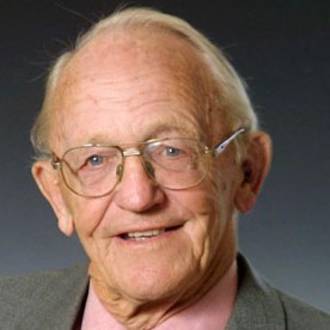Shop
01156
https://www.under5s.co.nz/shop/Hot+Topics+Articles/Health+%26+Wellbeing/A+life+saver+for+prem+babies.html
A life saver for prem babies
|
Life-Saving Lung Treatment for Premature Babies - Perhaps one of the most important medical breakthroughs of our time was developed by a New Zealander, Graham "Mont" Collingwood Liggins.
|
You might also be interested in ...
Baby poo guide
Baby poo and understanding what’s in babies’ nappies always seems to be a hot topic amongst new parents! It’s hard not to notice how much baby poo varies from nappy change to nappy change. Find out what’s normal and what’s not, the difference between breastfed and formula fed babies’ poo and starting on solids.
Removing plasters from kids skin
No-one likes having plasters removed from their skin, not even adults! This simple and effective method will help remove plasters quickly and easily, and with minimal pain from your kids skin.
join usJoin us on social media for all our latest news. |
sign upSign up and receive our latest newsletters. |
|







Born in Thames in 1926, the fourth son of a doctor, Liggins was responsible for discovering a life-saving treatment for premature babies, after showing that foetal lung development could be speeded up by giving steroids to women experiencing early labour, enabling premature newborn babies to breathe independently and survive.
His research has changed medical practice and in turn saved hundreds of thousands of lives worldwide.
Liggins pioneering discovery was born out of a lengthy observation of lambs on his neighbours’ farm. He noticed that the lungs of premature lambs normally sank in water because they had failed to fill with air. However, if the ewe had been given corticosteroids prior to delivery, the lungs inflated normally and floated – the steroids had stimulated production of a soapy substance, surfactant, which was vital for lung aeration.
He knew that premature human babies also lacked surfactant, and could develop a frequently fatal condition known as respiratory distress syndrome (RDS). Over several years Liggins and Ross Howie, a paediatrician colleague, randomly allocated steroids or placebos to more than 1,000 women in premature labour in a bid to prove their theory. Both RDS and mortality fell dramatically in the experimental group.
Liggin’s treatment was not accepted overnight, being rejected on the grounds that it would be of little general interest! However after lengthy campaigning, those in authority eventually saw sense and this simple treatment now saves the lives of many thousands of premature babies every year. What’s more, it only costs a few cents to administer!
Image source: Wellcome Trust